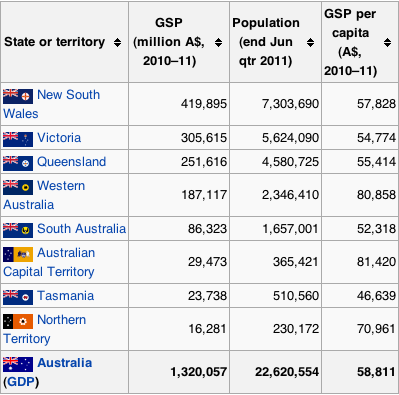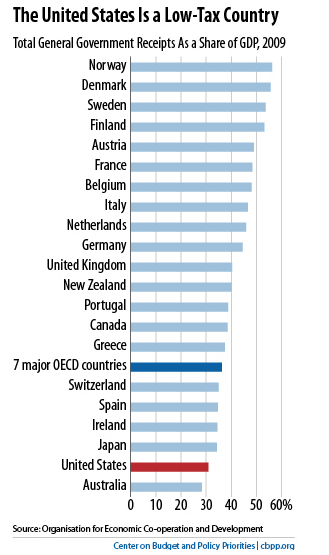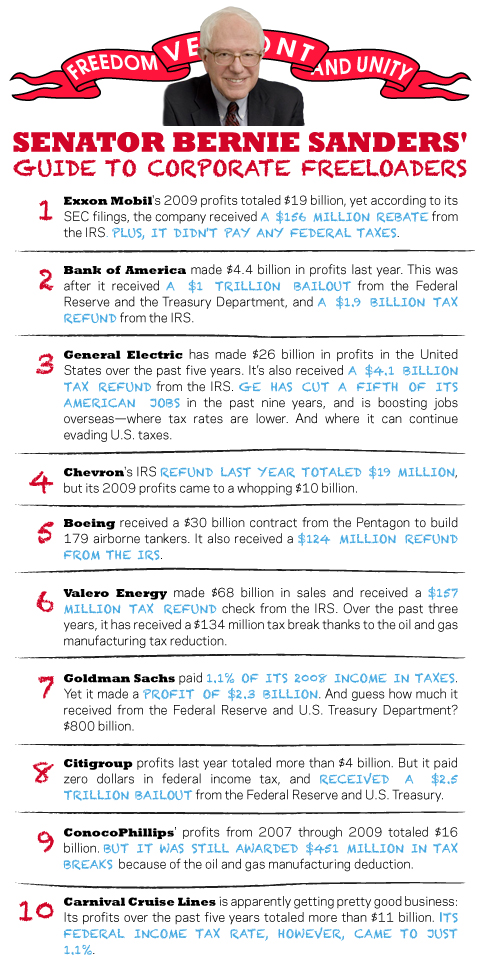. . . with some politics on both sides of the pond.
So the US Senate passed a compromise and now the US House has to vote on it, and the fanatical Republicans (all the usual actors, Bachman, Goh, etc.) don’t like it and are having a spack.
Then fucking don’t vote for it and fer fucks sake get on with it. There isn’t a filibuster in the US House, so unless the speaker is too much of a girl to bring it to a vote, and then hopefully not get re-elected speaker on the 3rd, as could happen with the reduced numbers the Republicans got in the last election. Also remember that that election (for President) was also run on a tax hike for the rich, and a specific one that is a hell of a lot tougher on them than the one in the US Senate bill. The progressives get the tax hike and you get exactly nothing is my starting point. Take it or leave it and we slash defence by 20% and blame it on you for sure. Obama can figure out a way to take care of the poor within its programs, and take more of a fair amount from the rich, in the many welfare programs for companies and the middle class that end up benefitting the rich more anyway.
Now shall we talk about the debt ceiling. I am totally in to reducing the total amount owed by the US government, and also the current account deficit, where it suits given the macro economic conditions. However, if we really want to reduce overall debt, we have to start with defence and health care (not health insurance) and forget about trying to take it all out of the middle class and poor. Look at productivity gains and distribution of those gains over the last 30 years, and you should come to the conclusion that what is proposed is very fair on the rich, and that there is a lot more that we need to do to make sure that workers share from increased productivity they provide.
Here at home in Australia, we have what passes for a scandal these days, with Maclin reportedly saying she could live on the $35 a day new start allowance. Well I got some news for some whingers here too, harden the fuck up. I can and do live on less than $35 a day now, and although Jenni makes allegedly 25x what the new start allowance equates to in a salary, and I have no idea what I am on. But I live on that amount now, and I don’t think that new start is meant to be the full amount to maintain any “lifestyle” whatsoever. Its meant to be the money use use to get around and feed yourself while you look for work. The Labor party needs to look straight down the barrel of the camera on the next dozen occasions and talk about a few things that really matter, and not worry if someone tries to pick at them, from right or left over statements that don’t really mean anything in the overall scheme of things.
Otherwise, show me the data that Australia and the States are fucking over poor people on a regular basis, forcing them to live in inhumane conditions, or not providing them additional support if they have bigger problems like disability or drug dependency. $35 a day to look for a job sounds about right to me at present.


